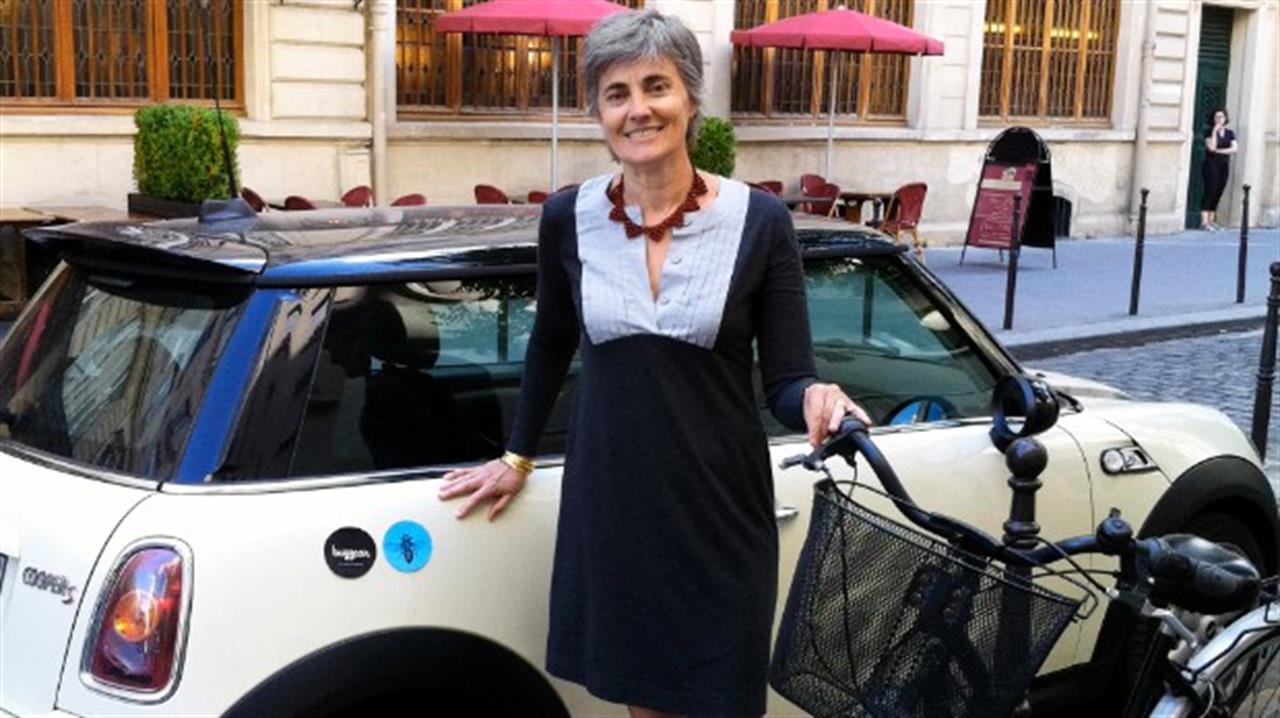Buzzcar a European startup to watch in the New Year
Launched in 2011 by the founder of Zipcar, Buzzcar is the first peer-to-peer carsharing service in France and it’s paving the way for the sharing economy in Europe

The acquisition of Zipcar, the first peer to peer car sharing service, made in the US, by the giant of rental service, Avis, for 500 million dollars, was perceived by the “sharing economy”enthusiasts as a clear sign that the new year’s business trend in the US is all about sharing. But the sharing economy is not just growing overseas. Zipcar founder, Robin Chase, chose to start her new business in France. Launched in June 2011, Buzzcar is one of the most interesting peer-to-peer car sharing experiments in Europe. We have met Ariane Phelizot, Buzzcar marketing manager to talk about the opportunities and the challenges of starting such an innovative business in the Old Continent.
What was the idea behind the creation of Buzzcar?
In France there was a demand for a service such as Zipcar but the conditions were different from the United States. People weren’t ready to give up the ownership of their cars completely. At the same time there were many unused cars in our country. As a matter of fact cars are used on average just about 1 hour and 1o minutes a day, but it’s very expensive to own a car. It is estimated that a car costs about 5600 Euros a year and most of the time it just sits unused in the parking lot. Buzzcar allows people to rent out their cars to their neighbors. They can earn up to 200 dollars a month and it helps them cover the costs of related to the ownership.
Where does Buzzcar operate?
We are active nationwide. The service works better in big cities but it really works everywhere, you only need to have a car owner ready to rent his car and that’s it. There are people living the most remote areas who have access to the service.
What were the main challenges of developing such a business in Europe?
The main challenges are related to the insurance policies. Insurance companies don’t like to take risks and this is a brand new business for them. It took a year and a half to finally get the right insurance. It’s been a long bureaucratic path but we made it. Our biggest challenge now is to promote the service which is still very new.
Is it difficult to convince someone to rent out his car?
Many car owners have a special affection for their cars. However there are also a lot of people who see their cars just as a facility, a very expensive tool that allows them to get from point A to point B. For many having a car is a burden. It’s a trouble to maintain and it costs a lot of money. The times are difficult and in this moment there are a lot of people who are happy to make some money by renting their car.
Do you think that Buzzcar is scalable?
Absolutely. Right now we are focused on the French market but we would be very happy to go abroad. The critical thing we should work on if we wanted to go international would be the insurance policy. There are some states where we wouldn’t be able to work because the owner is always considered responsible for whatever happens to his car, even if he is not driving it. With Buzzcar we protect the owner in case of an accident. His car insurance is never involved so that if something bad happens to the car while he’s not driving it, his insurance will not be affected and it will not raise in the future.
What are the projections for the new year?
Right now we have 14 thousand people registered all over France and we have 1,700 cars available for rent. Buzzcar takes a 30% fee on each transaction. Let’s say the car rental costs 100 Euros, 70 Euros go back to the owner and we get 30 Euros. This amount covers the insurance, the financial system and the cost of our work. Right now our team is made up of 5 people but we are planning to hire 2 more people in the New Year. We’re definitely growing!
Vuoi accedere all'archivio di VITA?
Con un abbonamento annuale potrai sfogliare più di 50 numeri del nostro magazine, da gennaio 2020 ad oggi: ogni numero una storia sempre attuale. Oltre a tutti i contenuti extra come le newsletter tematiche, i podcast, le infografiche e gli approfondimenti.
